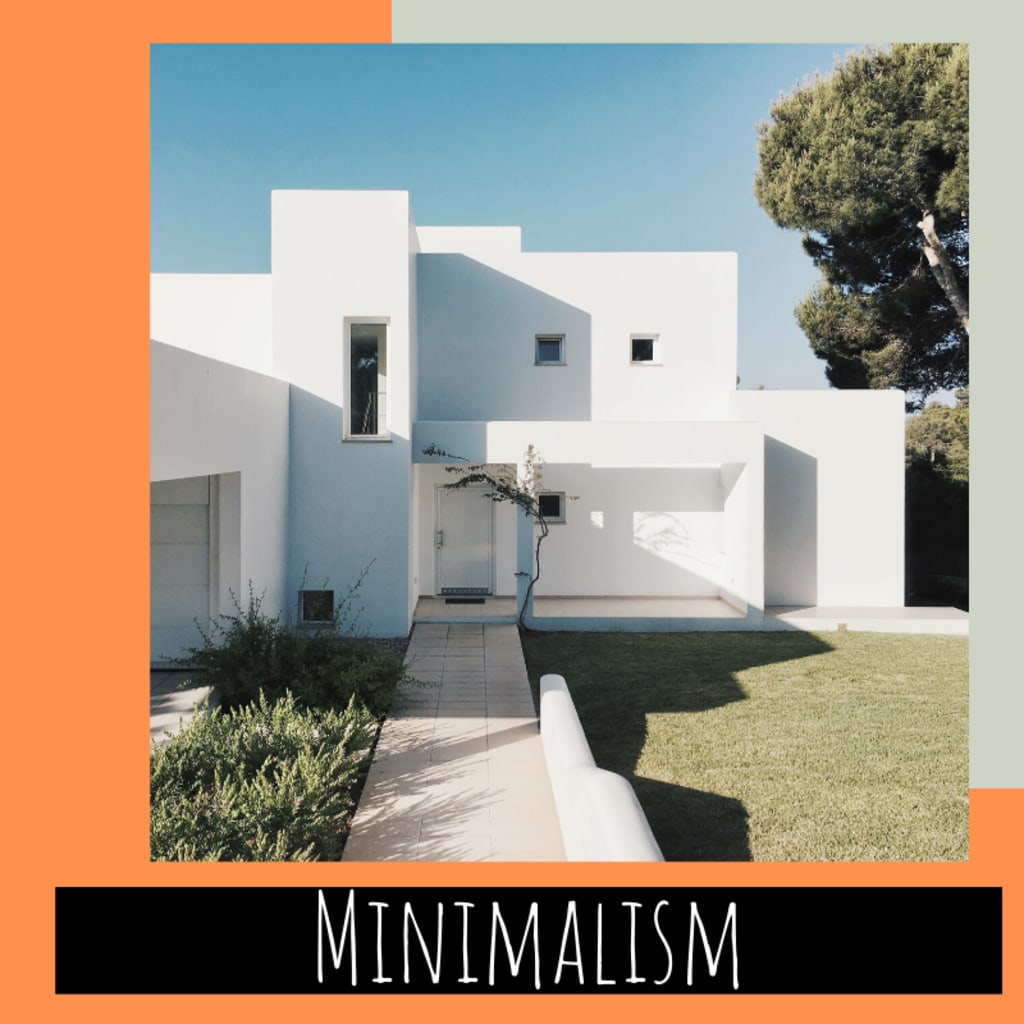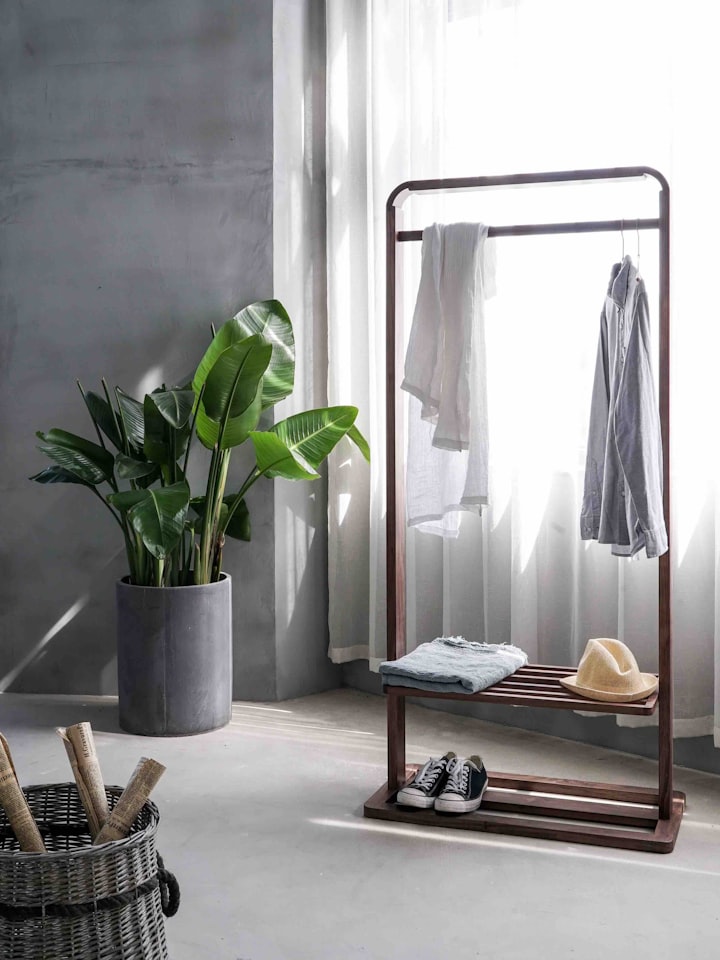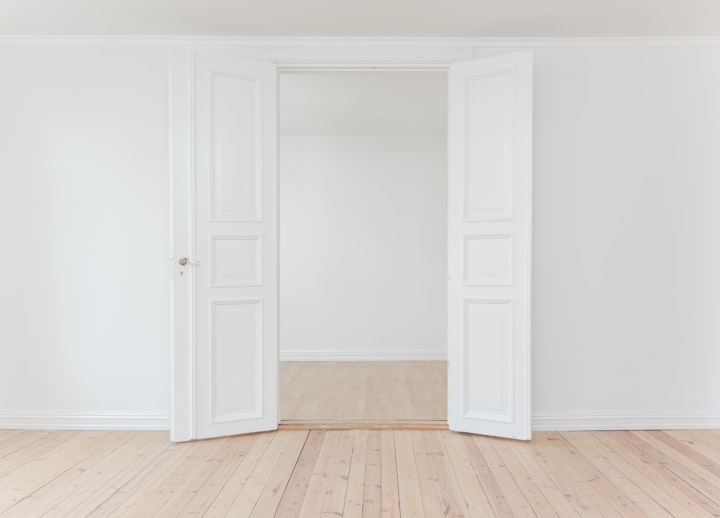
All over the world, people are beginning to appreciate having fewer belongings. When you practice minimalism, you only keep what brings you joy and what is utilized in your daily life. Minimalism looks different for everyone and does not require you only to own five shirts and two pairs of shoes. It’s about simplifying life and reducing our attachment to material things.
The task of giving or throwing away things that have been present in our lives is daunting at first, but with each box, an element of clarity begins to arise. When you reduce your belongings, you lower your carbon footprint by producing less waste and consuming less resources.
What is your Why?
“Too many people spend money they haven’t earned, to buy things they don’t want, to impress people they don’t like.” —Will Rogers
The goal of becoming a minimalist is to reprioritize what's important and stop trying to compete. To stop buying the next new thing. Everything is equally noticed and appreciated and serves a purpose. Thus, what you get rid of and the result you're trying to attain will shift based on what's important to you.
Are you looking to have less stress? Less to worry about? Less to fixate over? Do you want to improve your personal finances? Reform your habits? Or gain an appreciation and some humility? Maybe you have a shopping addiction, and you simply cannot resist the urge to swipe without making a shift in habit.
What matters to you? Do you love your at-home library? Identifying the items that matter and play an essential role in your life, will bring things that don't into focus.
My, why is clarity and peace. I can clean my house easier without the extra clutter and objects with no place to go. When I scan the room, I'm in; there is not something on every surface and trinkets that hold no value lining my window sills.
I wake up in the morning. I only have clothes that I like to wear, so the choice is always simple. I can program decisions into my daily routine so that I do not have to put so much effort into moment to moment choices. I know what I want to do and what item serves that purpose. Putting things like clothing, organizing, and cleaning, on autopilot affords me the freedom to use my brainpower to fuel stuff I enjoy.
Does it Bring you Joy?
“As you simplify your life, the laws of the universe will be simpler; solitude will not be solitude, poverty will not be poverty, nor weakness weakness.”
—Henry David Thoreau

We all want to remember the past. We love looking at old pictures of ourselves and watching family videos where virtually nothing happens. The window into daily life when you were younger or just different, is pleasant and reflective. Yet, the feeling of nostalgia often leads us to hold onto "mementos" that serve no purpose and take up space.
If the item does not bring you joy and you're just holding onto it to appease someone else or to solidify a memory, consider letting it go. I'm not saying to get rid of your favorite jersey from high school that you still adore. That brings you joy. I'm talking about the extra furniture your family gave you the various mugs, and drawings you made when you were 10.
Consider documenting instead of collecting. Take pictures of the things you're just keeping to have around. I came across a story of a man who practiced minimalism, and he was recounting his anxiety over hurting friends' feelings for merely taking a picture of gifts they had bought him instead of keeping them. To his surprise, they were just happy to be included in his book of photographs, and that meant the same to them as having the object around still.
Does the object bring you joy?
When you contemplate whether an item is worth keeping or not, reflect on your emotions toward it. Does it make you happy? Does it benefit your life? Just make sure the attachment is not solely material. The goal is to get rid of things that are adding clutter; you shouldn't feel sad about parting with the objects you choose to get rid of or throw away.
Have you Used it in Six Months?
“I’ve learned that minimalism is not about what you own, it’s about why you own it.” Brian Gardner

Questioning whether the item has been used recently or not will help you determine if it's worth keeping. If something has not even crossed your mind in six months, it's probably time for it to go. If the thought of getting rid of your unused items in mass intimidates you, create a box of "maybe" things that you're on the fence about. If another six months go by and you still have not used it, its safe to give away.
Do you Have Duplicates?

It was shocking to notice how many items I own two of. Two blenders, two can openers, two desks, two couches. As I began to declutter, I saw I even had multiple laptops that had broken or become dated, just lying around — stored away in boxes collecting dust.
When you look at your belongings taking the time to see whether you have duplicates of an item or if another piece could do the same thing better, also, some of our products can serve multiple purposes. The goal is to get down to a few things that serve various purposes and do it well.
How much Do Other People's Opinion Matter to you?
“What is minimalism then? It’s living lightly and gracefully on the earth – it’s uncovering who you are.” Francine Jay
I am sure the first thought that popped into your head was that you do not care at all. You do, though, I do, we all do to some extent. Freeing yourself from the race to look the best, have the best stuff, and live the best life is an intense journey. There will be people who have criticisms of your lifestyle. You will see the posts on social media that boast about their belongings, what they're doing, what they're buying.
Do you care what others say about you? If you do, it's okay, part of shifting to minimalism is moving away from putting value in material things. Your self worth should not revolve around your belongings.
Parting Words
“An unintentional life accepts everything and does nothing. An intentional life embraces only the things that will add to the mission of significance.” John C Maxwell

If you are considering making a change in the way you live, it should be gradual. We are creatures of habit, and your brain does not want to deviate from your usual chaos. Take it slow, really think through what you are giving away and what you are keeping. Why are you keeping it? Structure your decisions in a way that will make you happy. Having a simple, clean space can make an immense difference. Stuff requires you to dedicate time to repairing, cleaning, replacing and repeating that cycle.
You can live simply and gain confidence and worth in your creations. You can live intentionally and experience clarity and peace. Your simple choices in your day can be on autopilot and leave you with more energy. Just do not get caught up in the semantics. Minimalism looks different for you, for me, and the rest of the world. Build your life around what makes you happy and simplifies your life. The rest will come naturally.
About the Creator
RJ
Find me on Instagram at @awriterwhodraws






Comments
There are no comments for this story
Be the first to respond and start the conversation.